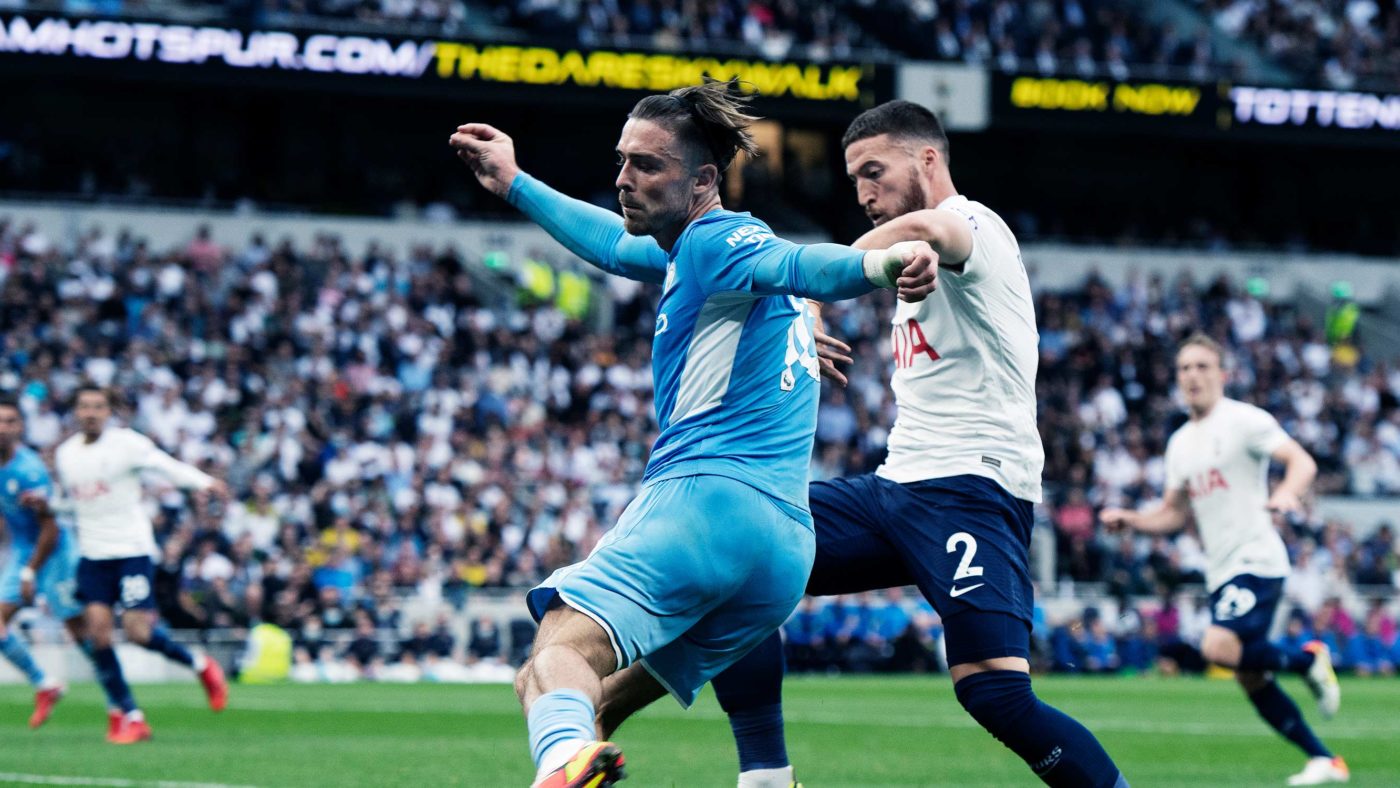To be liberal – or simply to be rational – is to be against attempts to create or build privilege in the economy. Indeed, one way of reading Adam Smith’s Wealth of Nations is as a sustained complaint against such privileges enjoyed by the medieval guilds which still infested the economy of his times. On that basis, anyone who considers themselves either liberal or rational ought to be against the latest suggested Uefa rules concerning football clubs.
The suggestion is that teams’ wage bills must be limited to only 70% of total revenues. These kind of proposals are always dressed up as a way of restoring fairness, by stopping the big clubs from spending such vast amounts on salaries and transfer fees that nobody else can compete. Really though, all it does is create privilege for club owners; by limiting the revenue that can flow through to the workers, in this case the players, more of the filthy lucre can flow to those at the top.
The same is true of leagues where teams are guaranteed a spot regardless of performance. This is the big difference between American sports leagues and European – the system of promotion and relegation. In the US, teams have no fear of dropping out of the top league, meaning that their most scarce resource is not their players, but their league position. Combined with wage bill caps, it’s a system that ensures a steady flow of profits to the team’s owners. Major League Baseball even has a specific exemption from antitrust law to allow this.
Where relegation occurs, the scarce resource becomes the skilled labour. Along with TV money, commercial deals and so on, a big slice of football revenue comes from good, old-fashioned winning – and qualifying for European competitions such as the Champions League – and winning depends upon being just that fraction better than the opposition over time. Those with low wage bills will struggle to win consistently and reap the financial rewards. Overall it’s a system that overwhelmingly benefits the players, rather than the owners.
Wage bill caps, whether hard limits or percentages of revenue, disrupt this system and tip the balance away from the labour force and towards the capitalists. That’s no surprise, since such systems are designed to stand athwart the river of money flowing to the athletes themselves (and their agents, of course). It was the same impulse to put power back in owners’ hands that stood behind the European Super League, with the founding members gaining permanent places, without the prospect of relegation. That was a particularly enticing prospect for clubs like Real Madrid and their great rivals Barcelona, who are drowning in an ocean of debt and have just lost the great Lionel Messi without even getting a transfer fee.
This new suggested system for Uefa follows on from the organisation’s Financial Fair Play regulations. These limit the losses that a team is allowed to make while still remaining in the relevant competitions (the Premier League has a similar system for its clubs). This is also, it’s the same thing looked at inversely, a limitation on how much an owner can lose in that pursuit of winning and revenue. It is, again, a system designed to benefit the suppliers of capital over the suppliers of labour.
This all begins to sound more than a little Marxist in its allocation of income to different social classes, but then that’s actually what it is. Financial fair play, wage caps and removing the prospect of relegation are all aimed at the same thing. A sport with relegation and promotion between levels and layers of leagues naturally leads to the players walking away with all and more of the revenue. The owners of teams would wish this were not so. So, they do indeed wish to create the restrictions which allow them that privilege of overcoming economic reality.
Yes, this is dressed up in the language of stopping billionaires from buying league position or sporting glory. But the very fact that billionaires have to spend in order to gain it – someone receives that spending after all – shows that it is the players that gain from this.
Or, as we might or even should put it. Why do we want to stop largely working class lads from making a fortune at the expense of the vastly richer club owners? That, ultimately, is all that Uefa’s restrictions are going to do. The big clubs will carry on making vast amounts of money, but more of it will go to the boss class and less to the playing staff. Put another way, why should we allow privilege and a cartel to stop rich people wasting their money on sports teams?
Click here to subscribe to our daily briefing – the best pieces from CapX and across the web.
CapX depends on the generosity of its readers. If you value what we do, please consider making a donation.


